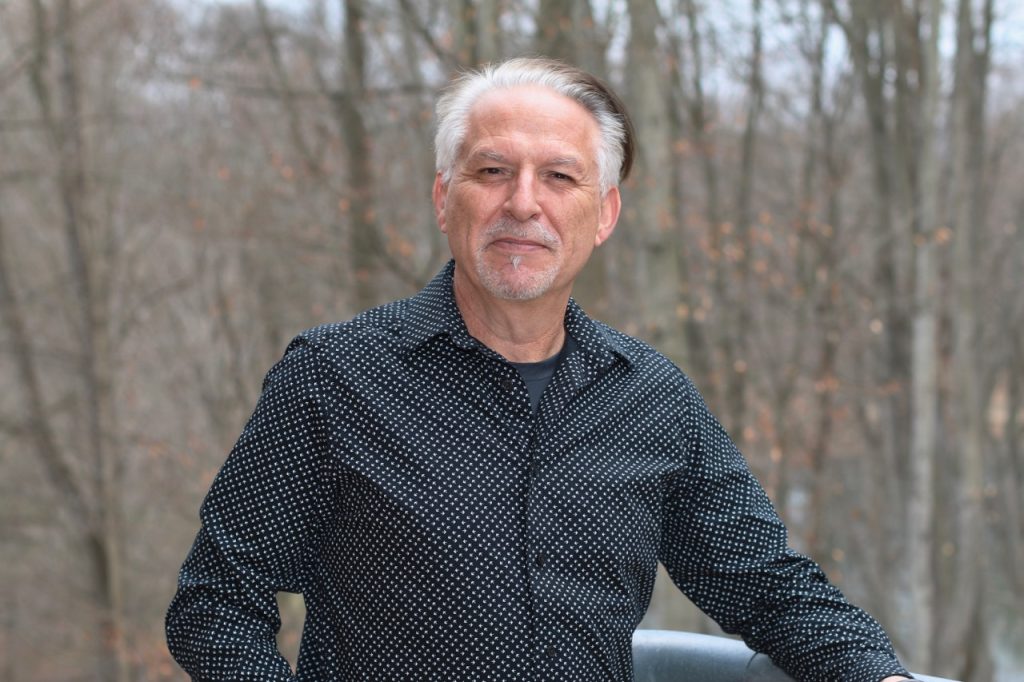The identities of most entrepreneurs are closely tied to their companies — often too closely. This can be problematic as they get older and try to exit their companies to move into a different role or phase of life.
In his book “From Strength to Strength: Finding Success, Happiness, and Deep Purpose in the Second Half of Life,” Arthur Brooks looks at why many high achievers become unhappy as they age. He points to two aspects of general human intelligence developed by psychologist Raymond Cattell in the 1940s:

- Fluid intelligence, which revolves around the ability to learn new things quickly, adapt easily to new situations and solve problems without previous knowledge.
- Crystallized intelligence, which is about applying vocabulary, knowledge and experiences that you’ve accumulated over time to solve challenges.
Both are important and often used in tandem. Yet fluid intelligence peaks between the ages of 35 and 50 and then begins to decline. This is bad news for entrepreneurs who get a buzz jolt from constantly innovating and thinking fast on their feet. They may have a hard time adjusting to shifts in their cognitive skills. Yet there is also good news: Crystallized intelligence can continue to increase as we age.
In our work at the foundation, we see how the concepts of fluid and crystallized intelligence are manifested along the entrepreneurial continuum. For example, as successful entrepreneurs scale their companies in second stage, they move out of technical and managerial roles (often where they were using fluid intelligence) and bring on others to replace them. They move from “innovator to instructor,” and embrace the role of being a visionary and teaching others.
This sounds relatively easy on paper. However, psychological attachments can make role transitions more difficult.
For example, Brooks says that high achievers often become overly fond of external rewards like power, money, fame and pleasure, which are societal labels of success. Yet to build a sustainable foundation for happiness, Brooks recommends four different pillars: family, friends, work that serves others, and faith (not necessarily a religion but a perspective that helps a person look beyond themselves).

In a nutshell, as entrepreneurs age, they would do well to detach from external rewards and use their crystallized intelligence to develop new strengths. For example, you don’t have to be the sole originator of ideas; you can assemble the ideas of others.
Granted, role changes are never easy. Yet thinking about your thinking will make the transition much smoother.
Here’s a quick exercise that can be helpful: Think back to when you were in your twenties, and list three or four things that were important to you at that time, ranking them in order of importance. Now, list what’s most important to you today, also ranking them in order of importance.
Most people are going to see a shift. The psychological attachments that once served you well are probably not what drives you today. And if you are still clinging to them, you’re probably experiencing some frustration or even depression.
Recognize that today you have a different kind of intelligence and also find different things rewarding. Think about how you can leverage your experiences and knowledge to create new core competencies.
How will you choose to begin a new chapter in your legacy and move beyond success to significance?
